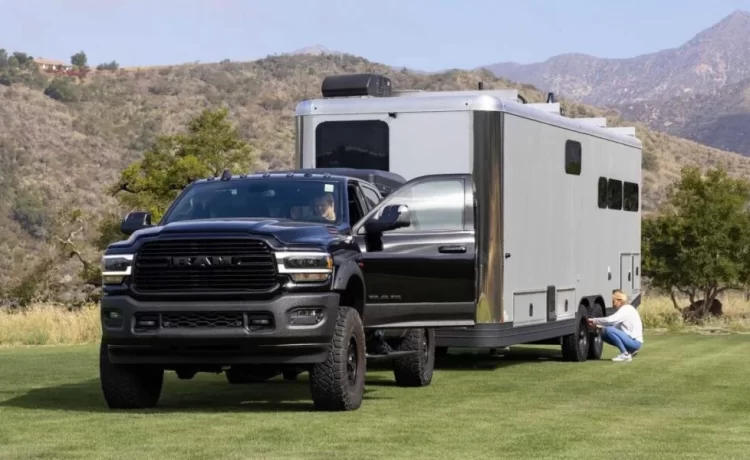Choosing the right trailer is important if you need to transport equipment, vehicles, or other heavy loads. With a wide range of options, making a decision can be challenging. To make the best choice, you should understand what you’ll be hauling, the type of roads you’ll be driving on, and how you plan to use the trailer.
1. Know Your Trailer’s Load Capacity
- One of the most important things to consider when buying a trailer is how much weight it can handle. Every trailer has a Gross Vehicle Weight Rating (GVWR), which tells you the maximum weight it can safely carry, including the trailer itself. Similarly, just as you would rely on Reliable Concrete Leveling Experts for safe and efficient solutions, it’s crucial to choose a trailer that can handle your specific needs without compromising safety or performance.
- Light Loads: A single-axle utility trailer works well for smaller items.
- Heavy Loads: For large equipment or multiple vehicles, a tandem-axle or heavy-duty equipment trailer is a better choice.
- Axles Matter: Single-axle trailers are easier to move, but tandem axles provide better support for heavier loads.
Choosing a trailer with the right weight capacity will keep you safe and prevent damage to your vehicle or trailer.
2. Consider the Roads You’ll Be Driving On
The type of roads you travel on affects the trailer you need.
- Smooth Roads and Highways: A basic tandem-axle trailer or car hauler works well for paved roads.
- Rough or Off-Road Terrain: If driving on dirt roads or rough land, choose a trailer with a strong frame, heavy-duty tires, and higher ground clearance.
- Hilly or Mountainous Areas: For steep roads, a trailer with a good braking system and a low center of gravity is safer.
Picking the right trailer for your terrain makes hauling easier and safer.
3. Choose the Right Trailer for Your Needs
Different trailers serve different purposes. Here are some common types:
- Equipment Trailers: Ideal for hauling heavy machinery with strong ramps and stabilizers.
- Car Haulers: Designed with built-in ramps and tie-down points to transport vehicles safely.
- Landscape Trailers: Open trailers with mesh sides and rear gates for carrying tools, plants, and soil.
- Utility Trailers: Useful for general hauling and available in single or tandem-axle models.
Choosing the right trailer for your needs ensures it lasts longer and performs well.
4. Consider Custom Trailer Options
If a standard trailer doesn’t meet your needs, you can get a custom-built trailer with extra features.
- Custom Sizes: Extra space for specific cargo.
- Additional Features: Add-ons like toolboxes, extra tie-down points, or a winch mount.
- Specialized Parts: Features like fold-down ramps, enclosed sides, or reinforced gates for easier loading and unloading.
A custom trailer gives you exactly what you need for your hauling jobs.
5. Invest in Quality for Durability and Safety
A well-built trailer lasts longer and requires fewer repairs. When buying a trailer, look for:
- Strong Materials: High-quality steel or aluminum for durability.
- Good Craftsmanship: Trailers made by experienced fabricators are more reliable.
- Safety Features: A strong frame and proper braking systems for better performance.
A high-quality trailer may cost more upfront, but it saves you money in the long run by reducing repairs.







